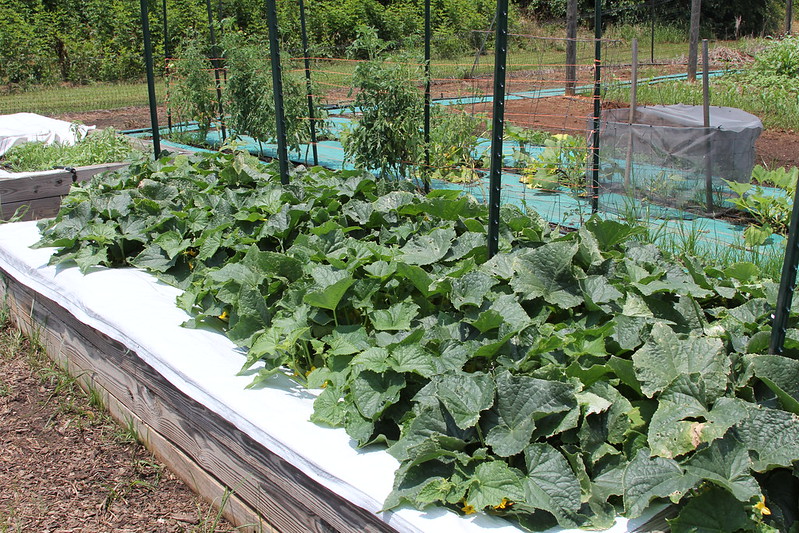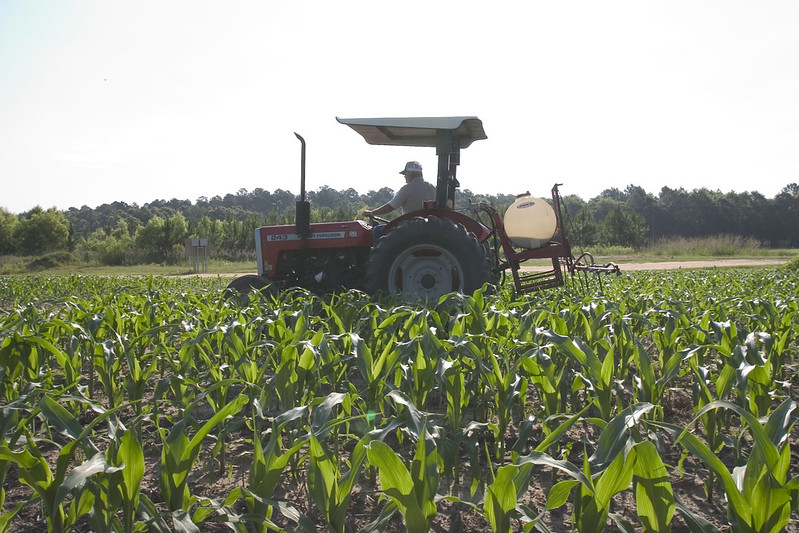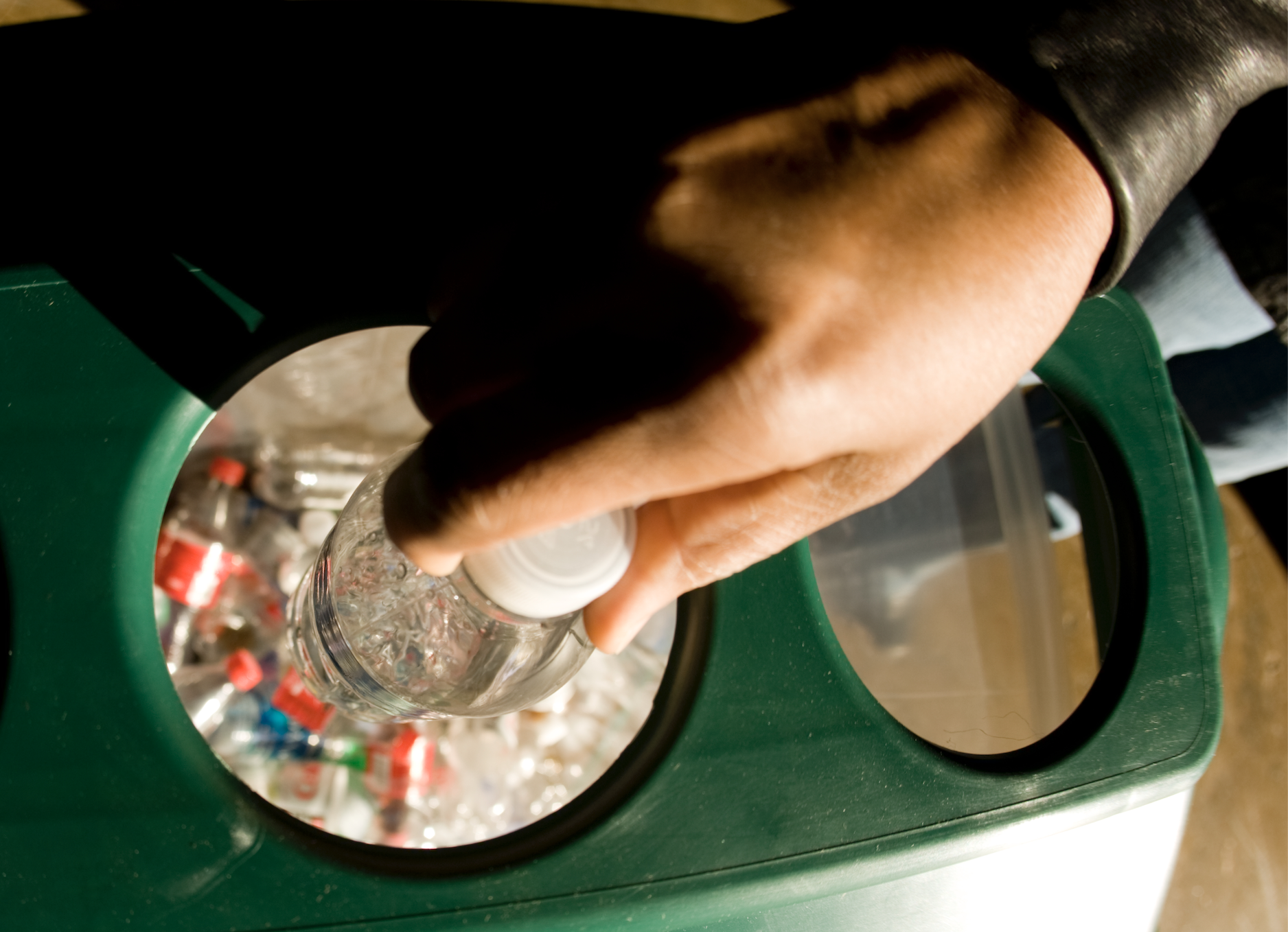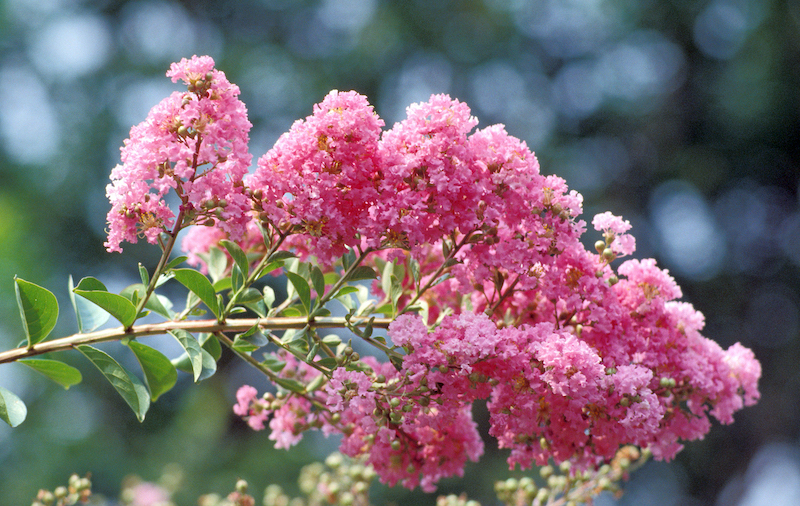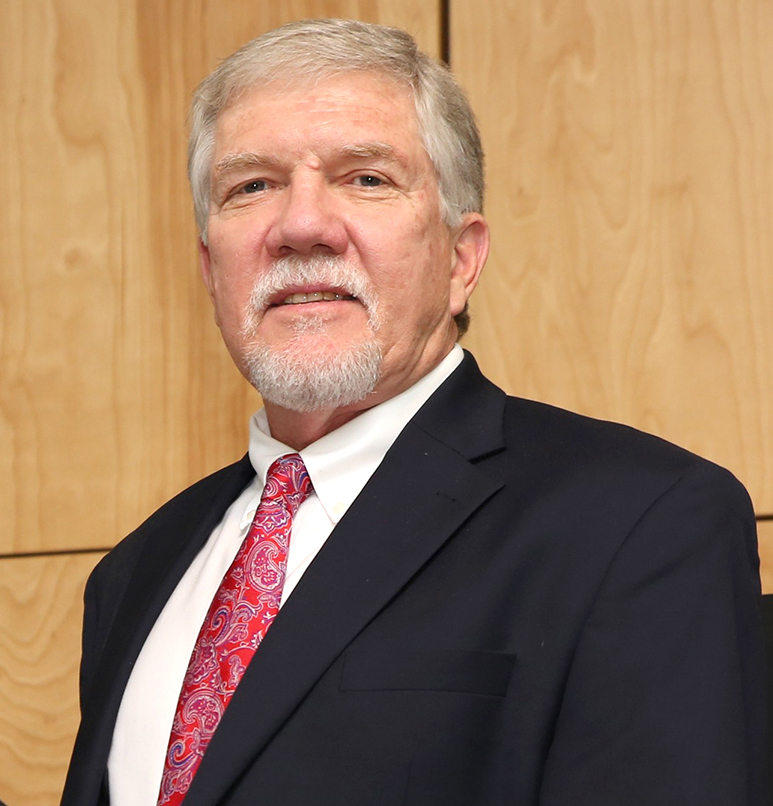 CAES News
CAES News
Safe Cooking
Usual daily routines have been disrupted by the current COVID-19 crisis and many people are spending more time cooking at home than before. While our health is always on our minds, it is important to maintain safe food handling at this time so our lives are not further complicated by foodborne illness.



